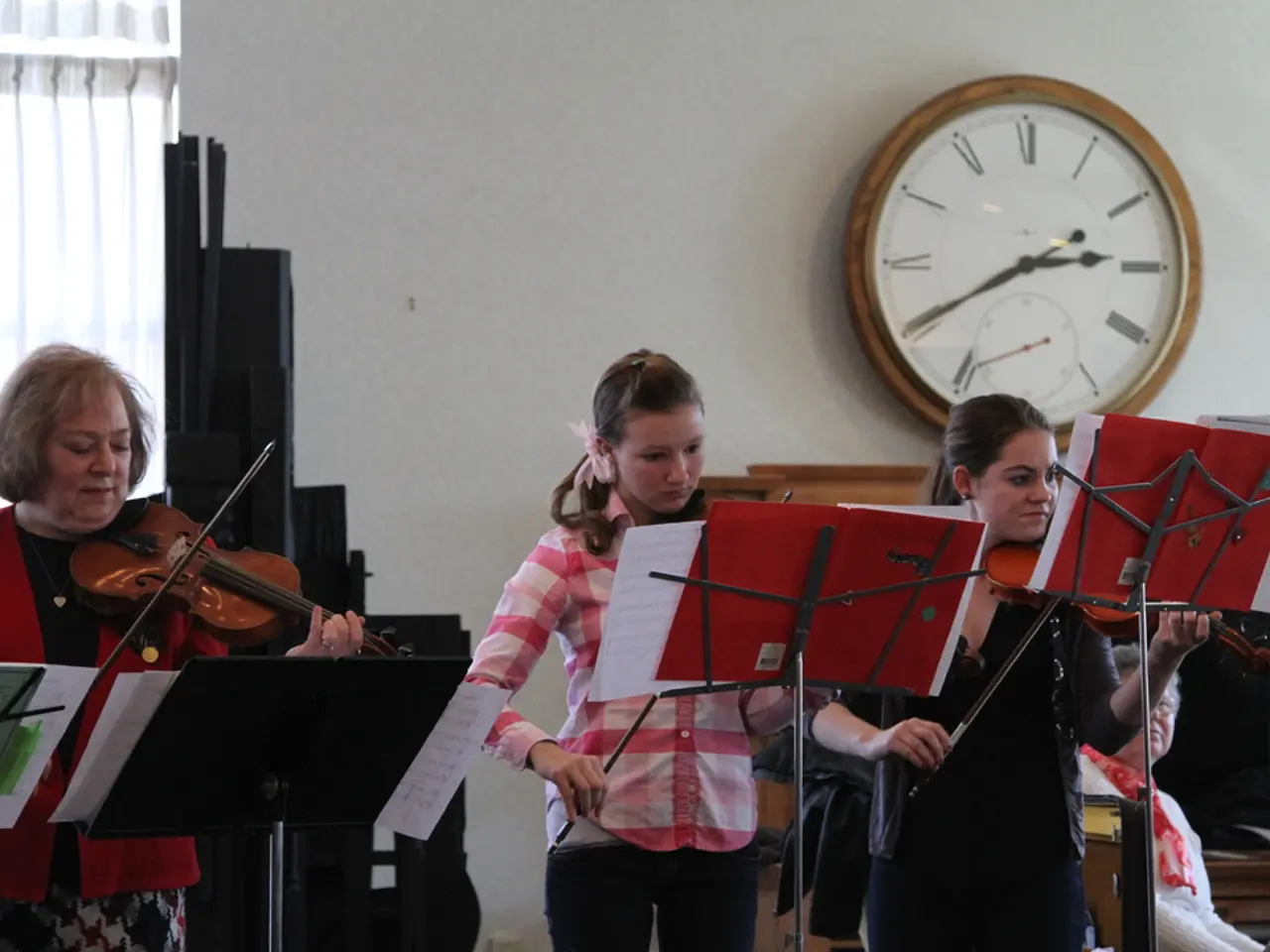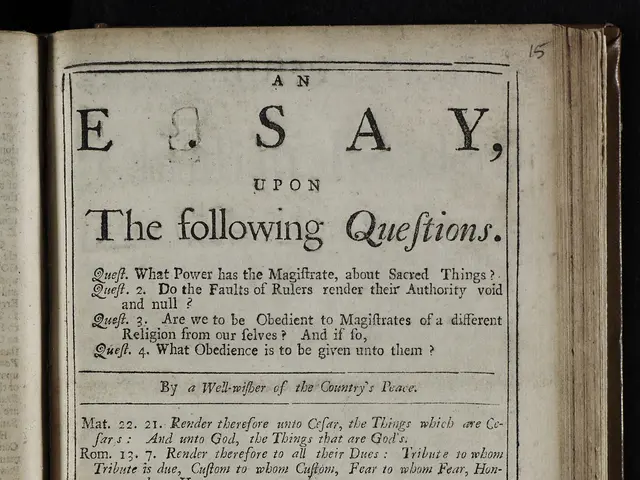Classical Music Scene: Young Talent Emerges Amid Digital Shift and Controversies
The classical music world is abuzz with news ranging from the rise of young talent to the digital shift and controversies. Finnish conductor Tarmo Peltokoski, aged 25, is hailed as the next big thing but is currently sidelined due to illness. Meanwhile, the SWR festival in Donaueschingen struggled to find its footing under conductor François-Xavier Roth.
Bavarian Broadcasting (BR) has sparked debate by digitizing 175,000 CDs and planning to destroy the physical copies, marking a significant shift in the music industry. This move comes as classical magazine Rondo joins others in discontinuing its print edition, moving towards digital platforms.
The German Conducting Award in Cologne concluded with Estonian Henri Christofer Aavik winning both the first prize and the audience award. His fellow finalists, Luis Toro Araya and Friedrich Praetorius, also impressed in the final concert.
Controversy has surrounded Milo Rau's leadership at the Vienna Festival. His call to support Palestine in the Israel-Hamas conflict has provoked a protest letter from intellectuals, escalating the row.
At the SWR festival, the past and present have clashed under Roth's leadership, with behavior overshadowing the music. In Venice, a protest strike by staff at La Fenice opera house derailed the premiere of Alban Berg's Wozzeck, directed against the appointment of Beatrice Venezi as the new music director.
In Paris, Daniel Barenboim returned to his old orchestra after a 34-year absence, performing Beethoven with a notably unhurried tempo.
As the classical music scene evolves, so do the challenges and controversies. While young talent like Tarmo Peltokoski continues to emerge, the industry grapples with digital shifts and leadership disputes. The future, it seems, is filled with both promise and uncertainty.







